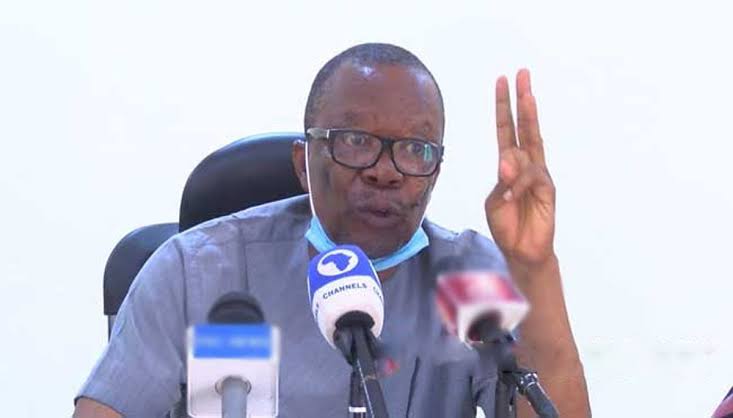The Academic Staff Union of Universities (ASUU) has criticized the World Bank and the International Monetary Fund (IMF), accusing them of undermining public higher education in Nigeria while alleging that the organizations aim to bury tertiary institutions in the country.
ASUU leadership vowed to continue its efforts to protect the nation’s public universities from what it termed as oppressive influences.
ASUU’s President, Prof. Emmanuel Osodeke, made this statement at the union’s national office on the University of Abuja campus during the 2024-2025 Heroes Day ceremony. This event honours past and present members for their dedication to advancing public education in Nigeria.
Prof. Osodeke also highlighted unresolved issues with the federal government, including withheld salaries, unpaid promotions, arrears, and Earned Academic Allowances.
He pointed out that the implementation of the Integrated Personnel and Payroll Information System (IPPIS) has added to the challenges, even though the government previously announced plans to remove it from public universities.
Despite various agreements, such as Memoranda of Understanding (MoUs) and Memoranda of Action (MoAs), Osodeke noted that the 2009 ASUU-federal government agreement remains unfulfilled after repeated failed negotiations.
In a message to union members, Osodeke said, “We continue our struggle to liberate Nigeria’s public universities from the grip of the World Bank and IMF, whose attempts to weaken our system have not ceased.”
He expressed frustration over the delayed renegotiation of the 2009 agreement, which has yet to be finalized 12 years after its expiration.
Additionally, ASUU announced N500,000 PhD research grants for selected members following a thorough review process. Prof. Osodeke praised ASUU members’ resilience, acknowledging their challenges, especially at institutions like Kogi State University, Lagos State University, Ebonyi State University, and Chukwuemeka Odumegwu Ojukwu University. He noted that many members face hardships in advocating for the interests of the academic community at the state level.


